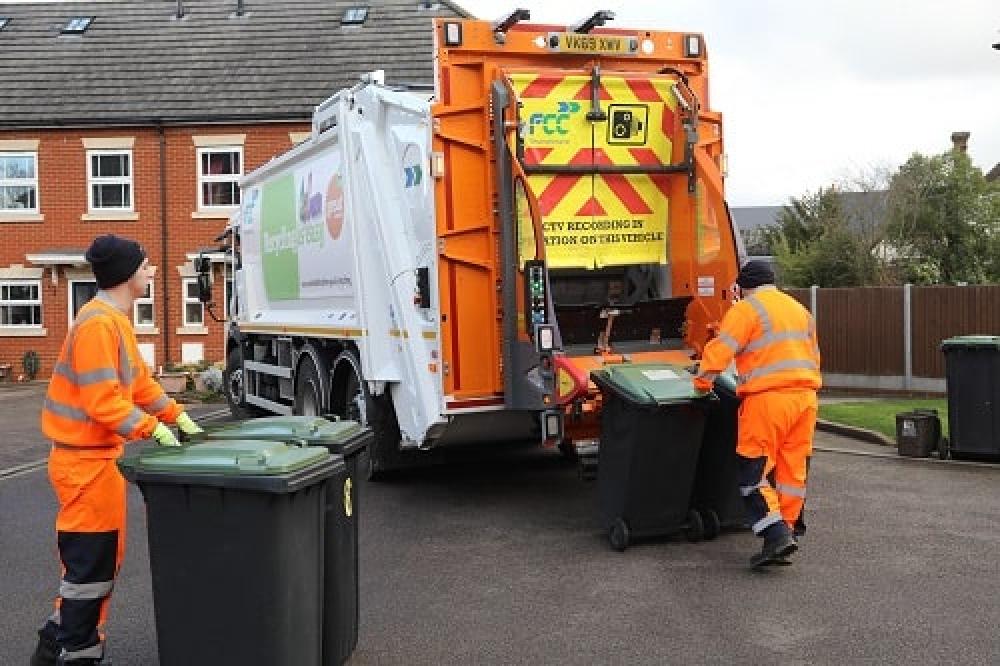
“FCC Environment delivers a range of vital waste and recycling services to local authorities up and down the country and it is critical that these services continue where possible,” says Paul Stokes, head of safety, health, environment and quality (SHEQ) at FCC Environment, a waste management company headquartered in Northampton across 248 sites in the UK.
“Working with our clients, we are focused on maintaining the kerbside collections of recycling and waste at this difficult time. In some areas, councils have opted to suspend bulky waste and garden waste collections so that resources can be focused on recycling and waste collections. And currently household waste recycling centres across the county remain closed. But we are monitoring the situation all the time as things are very fast moving.”
The COVID-19 crisis has meant that all FCC Environment staff have had to be open to changing services, stepping up to government guidance as it evolves. Paul says: “We are very aware within our business of both government guidance in general terms and the Waste Industry Safety and Health (WISH) forum guidance which has now been published.”
“We are taking every practical step across our business to operate within the guidelines. But we have to be realistic. There is a global shortage of PPE and alcohol-based hand gels and sanitisers, for example. We’ve had to advise people how to make up their own solutions with detergents and other anti-bacterial products.”
FCC Environment’s workforce is following government guidelines on social distancing but Paul emphasises there are practical limits, and that’s just the reality of the crisis: “In practical terms, bin collections are a key critical service, people will not want their waste mounting up on the front of their drive or on the roads. We must continue to deliver this service for our clients and the population. We are taking every step we can to adapt to the new reality we face.”
Refuse workers face risks, including handling bags that may contain tissues and waste touched by people infected with the coronavirus. Local councils have sent guidance out to homes to advise people that if they are ill, they should be putting their waste in a different bag and then double bagging it, leaving it for 72 hours before putting it out for collection.
“Moves like this mitigate the risk of course,” he says. “Some councils are asking residents to spray their bin handles with cleaning fluid before displaying the bin for our crews to empty to try and reduce the spread of the infection, like supermarkets are offering cleaning sprays for trolley handles in store.”
Heightened risk management has impacted on every operation in the business, not just the bin collections. At FCC Environment’s 24-hour waste processing facilities, shift handovers are now done over the phone. In the control rooms, strict social distancing practises are standard.
When a truck arrives at a site full of waste, normally a signature is required; FCC is working with the Environment Agency to see how this practice can be amended to comply with the social distancing guidelines.
Not everyone is out on site. “Our business has responded well in terms of getting people who can work from home into the swing of it,” says Paul. He and his health and safety team have been supporting home workers with “friendly guidance” on issues such as home schooling, setting up workstations and taking breaks.
Gauged Solutions Ltd have supported FCC Environment in the rollout of various programmes, including:-
- Electrical Safety Rules
- A bespoke Behavioural-based Safety Programme (“Because…”)
- IOSH Managing Safely, specifically tailored to the waste and energy sectors
- NEBOSH General Certificate in Occupational Health & Safety
